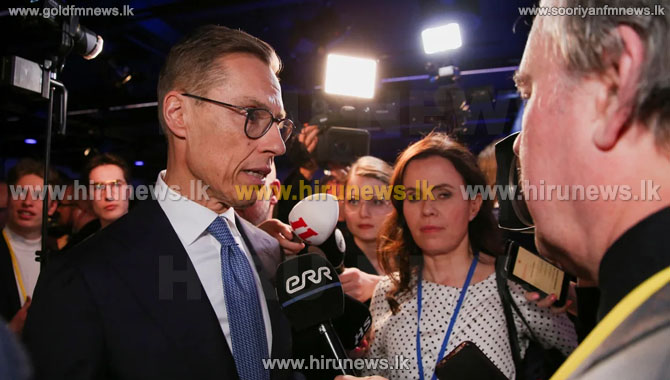Stubb, known for his pro-European stance and firm support for Ukraine, declared his win in the run-off vote as "the greatest honor" of his life. In his televised remarks, he expressed gratitude to the Finnish people for their overwhelming support and pledged to serve as president with humility and dedication.
As Finland's new head of state, Stubb will be tasked with overseeing the country's security and foreign policy, including its relationship with Russia, with which it shares a lengthy border. His victory marks a departure from the country's longstanding tradition of electing presidents to prioritize diplomacy and neutrality in international affairs.
Stubb's opponent, Haavisto, gracefully congratulated him on his victory, acknowledging him as "the 13th president of Finland." Haavisto expressed confidence in Stubb's abilities, describing him as an experienced and competent leader fit for the presidency.
The election outcome reflects Finland's shifting political landscape and the evolving dynamics of its relationship with neighboring Russia and international alliances. Stubb's win signifies a potential shift towards a more assertive foreign policy approach, signaling a departure from Finland's historical emphasis on diplomacy and non-alignment.
As Alexander Stubb prepares to assume the presidency, Finland braces for a new chapter in its political trajectory, one characterized by renewed engagement with global affairs and a recalibration of its diplomatic priorities.










